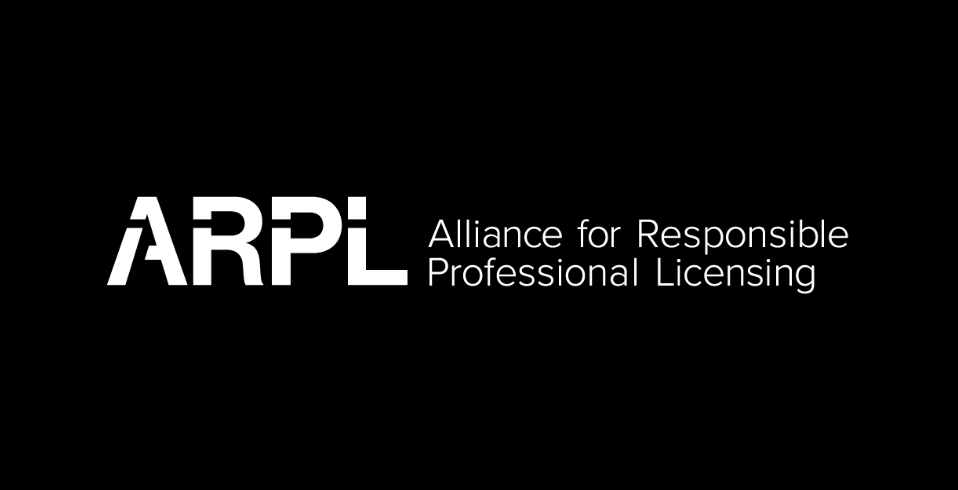SHARE: The important work of protecting licensure from anti-regulatory forces prepares for a new year of progress. The Alliance for Responsible Professional Licensing (ARPL) –a consortium of professions and their regulatory counterparts committed to protecting the public through the protection of licensure for highly skilled professions– had a highly productive 2022. Having laid the groundwork in 2021 to counter mounting anti-regulatory efforts with sophisticated and compelling research and polling work, the Alliance, of which NASBA is a founding member, extended that work in 2022 into direct engagements with various constituencies, including legislatures and lawmakers, ALEC (the American Legislative Exchange Council), State Boards and state CPA Societies (Mini-ARPL’s), among others. In July, for instance, ARPL participated on a panel/workshop discussion on the impacts of anti-licensure on business at a forum sponsored by the American Legislative Exchange Council (ALEC), often one of the chief sources for anti-regulatory voices. In October, the Alliance was invited to testify before the Wisconsin legislature’s study committee on licensing, where it reinforced three of its core arguments: 1. Licensure is associated with measurable, financial benefit for all license holders; 2. Licensure ensures critical public protections via minimum standards for qualification, and 3. Contrary to conventional assumptions, licensing that is done well removes barriers to practice. While research and engagements will continue to be a vibrant part of the ARPL portfolio in 2023, the Alliance also aims to open a new front in its work on behalf of professional licensure: the consequences of anti-licensing on business. Since its founding in 2018, ARPL has noticed that those opposed to licensure often rely on an argument that it creates barriers for workers, and that in order to be pro-jobs and job growth, one must also support licensing reform. ARPL and its members regard this as a false, and dangerous, premise. In fact, it is the Alliance’s belief that it is in the best interests of those business which deal directly with public health, safety, and economic welfare to hire qualified personnel. And that weakening or eliminating licensing standards will not only lead to unqualified work, but also to litigation risks and ultimately business costs that could endanger the viability of those businesses. In short, licensure not only protects the public but the business community, as well. As with prior messaging campaigns, ARPL plans to support this perspective through commissioned scientific research, public opinion polling, and the enlistment of pro-business voices who are also ARPL allies and can serve as critical influencers. These entities may include state Chambers of Commerce and similar groups. Additionally, materials such as shareable studies, videos, and other persuasive resources will be generated and incorporated into the ARPL library to serve as advocacy tool for members. (Past materials can be found and downloaded via the Tools & Resources Dropbox folder for current ARPL members. Still more can be viewed on the ARPL site.) How can you, as an ARPL member, help as the Alliance focuses on its 2023 work? Be an “early warning system” for ARPL by alerting the Alliance to issues you face in your jurisdiction. In anticipation of legislative challenges, create an ARPL “bench” that can be mobilized and speak to ARPL’s research and arguments. Communicate with ARPL on resources you’d like the Alliance to produce. Ultimately, stay aware of our work and stay in touch with us. We have begun to push back on years of unanswered arguments by regulatory opponents and successfully change influential hearts and minds; please help us sustain the momentum so we can gain even further ground this next year. If you have any questions or need additional information, please email [email protected]. |

